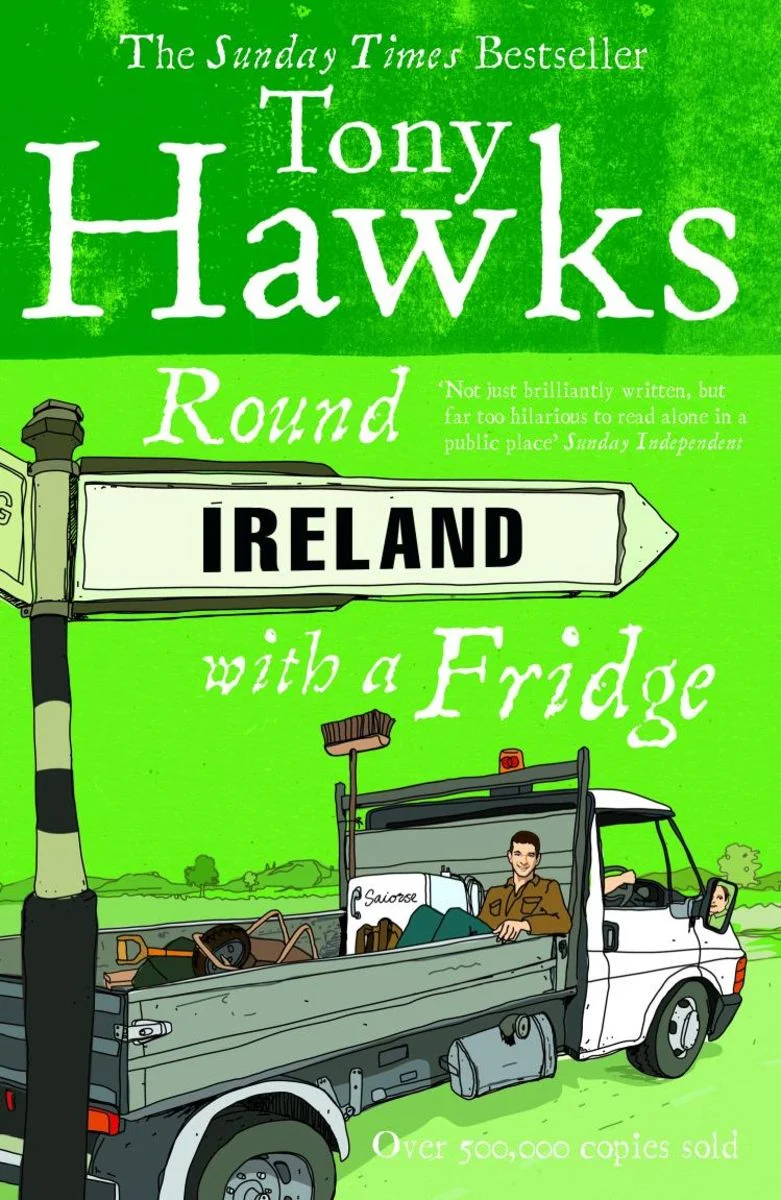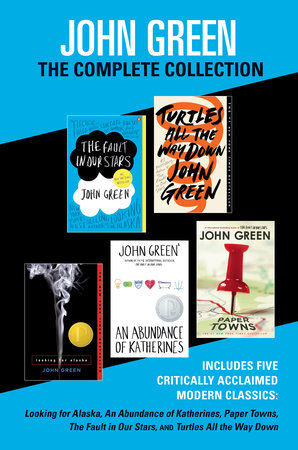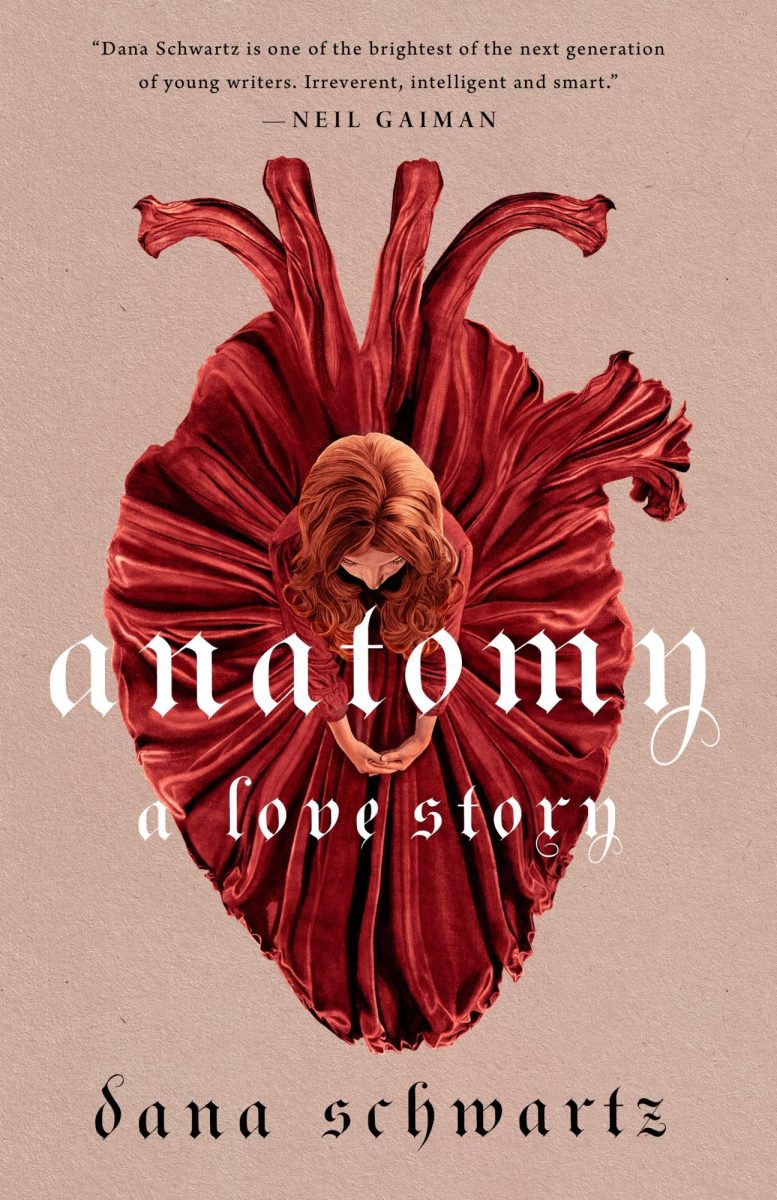When I first heard about a book entitled Round Ireland With a Fridge, I assumed that it could not be real. There was simply no way in which this book, about a man hitchhiking around the entirety of Ireland with a mini-fridge strapped to his back, actually existed. I believed it even less when I heard that it was apparently a true story. I would have been content to deny the book’s existence for the rest of my life, had I not actually procured a copy for myself quite recently. I read the book and realized that the immense absurdity of Round Ireland With a Fridge necessitated a review.
My favorite aspect of Round Ireland With a Fridge is the aforementioned absurdity, which the novel bears so well. Conceptually, it might be the best book I have ever read, and this fact certainly went a long way to help it. It was fortunate that the man who hitchhiked around Ireland and wrote the book about it happened to be Tony Hawks, a stand-up comedian, who knew perfectly well how to tell a humorous and odd story. His prose expertly elevates already strange moments like how he fell in love with a woman while sleeping in a doghouse, how he had a nun christen his fridge, and how he attempted to wed the princess of a small Irish island. Of course, the most delightfully absurd aspect of the novel is its origin story. The initial reason Tony Hawks set out on his fridge-based journey was because, while intoxicated, he made a bet with his friend Kevin for one hundred pounds. The beautiful insanity of that fact lies in the truth that the fridge itself wound up costing Tony one hundred and thirty pounds. Through idiosyncrasies such as this one, it is made clear what Tony and his book ultimately stand for: absolutely nothing.
A large amount of the effectiveness of Round Ireland With a Fridge comes from the comedic prose perfectly complementing the book’s humorous premise. Tony Hawks’ background in stand-up comedy allowed him to develop an incredibly witty and John Green-esque prose that I found myself laughing at many times while reading the book. With this fact coupled with the comedic concept, it is safe to say that Round Ireland With a Fridge is one of the strongest pieces of comedic writing that I have ever read. However, there are a few aspects of the book that fall short of amazing. Notably, due to its nature, it was quite repetitive. Every scene of Tony hitchhiking or walking into a pub follows a similar formula of strangers gawking at the man with a fridge but then slowly befriending him. This would not be such a large problem, however, if these scenes did not take up half of the book.
One of the biggest issues with Round Ireland With a Fridge is that, much like Tony Hawks, who romanced three different women on his journey around the Emerald Isle, it struggles with commitment. While Tony’s failed commitment is one of love, the book’s is one of tone. Its previously mentioned humorous aspects are incredibly effective, but there are multiple times where it seems like the book is aiming for drama instead of humor. These dramatic moments, while well-written in a vacuum, contrast sharply with the established tone of the book, and get the most sub-optimal amount of focus; the moments don’t last long enough to truly bring an effective element of emotion into the novel, but they last too long to allow the humor of the book to remain uninterrupted. For instance, one scene in the book has Tony recall a time of childhood embarrassment and solemnly resolve to redeem himself with his refrigerator journey. However, this flashback actually undermines the beautiful absurdity of the journey. Even worse, the flashback is harkened back to once more, but never after the seventh chapter. The book simply fails to commit when it truly matters.
Round Ireland With a Fridge is one of the most absurd books ever written, and on paper, I love it with all my heart. However, the novel’s true effectiveness is muddied by Tony Hawks’ odd failure to choose between his highly effective humorous prose and his need to make his book more dramatic. In the end, it is okay enough, but I find myself unfortunately unable to call it good.

















